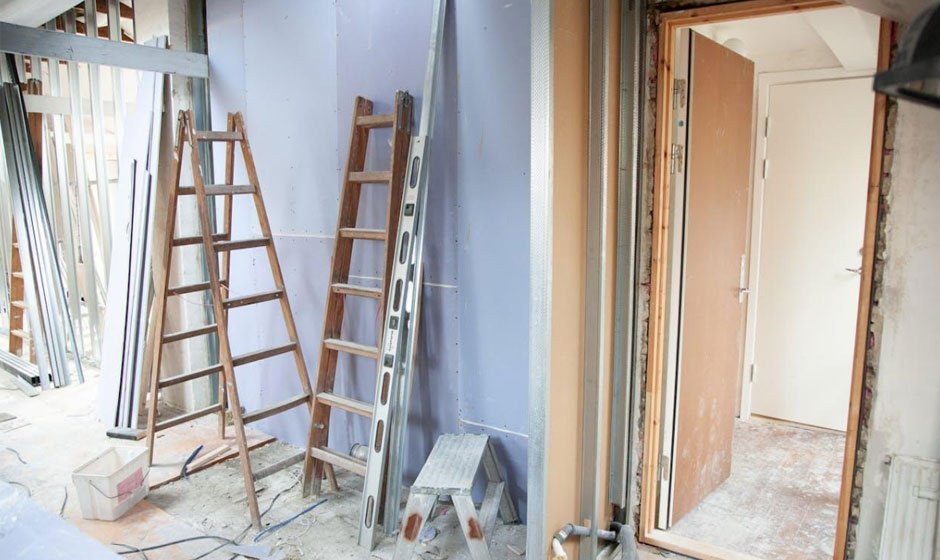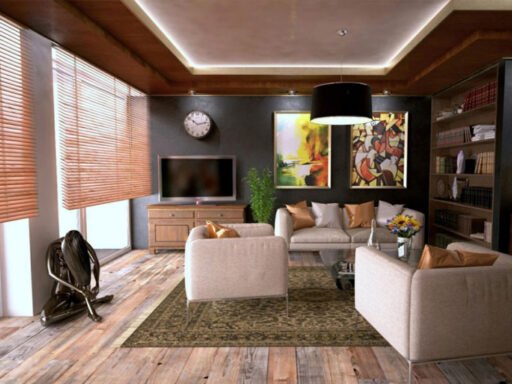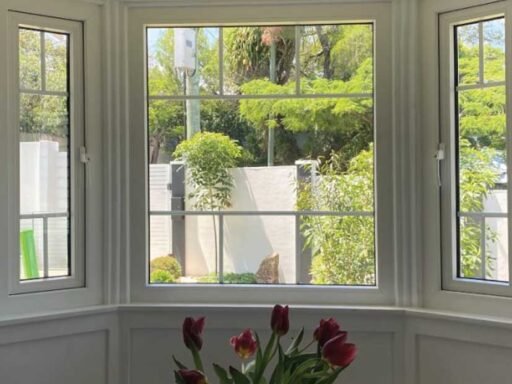Are you thinking about building your dream home? Constructing a home is one of the most significant financial and emotional investments you will make. In places like New Jersey, with its specific climate considerations and local regulations, being well-informed and prepared is crucial to avoid common pitfalls that could derail your construction project. In this blog, we will share essential tips and strategies to help ensure your home building experience is as smooth and stress-free as possible.
Understanding Your Local Building Codes
The first step to a successful home construction project is gaining a deep understanding of the local building codes. These codes are established to ensure safety and compliance with regional standards and can vary widely even within the same state. In New Jersey, for example, coastal areas might have different building requirements related to flood resistance compared to urban settings. Start by consulting with your local building department to get detailed information about the codes that apply to your specific location. This approach not only helps in avoiding costly modifications later but also speeds up the approval process for your building plans.
Choosing the Right Builder
The success of your construction largely depends on the competency and reliability of the builder you choose. It’s crucial to select a builder who not only brings expertise and a strong track record but also knows the intricacies of New Jersey’s construction landscape. When searching for the best home builder in NJ, focus on their experience in handling projects similar to yours. Check their references and review feedback from past clients to gauge their reputation and the quality of their work. It’s advisable to visit some of their completed projects to see firsthand the quality and aesthetics of their constructions. Making an informed choice will help you avoid many common building pitfalls.
Budgeting Wisely
Budget overruns are a common nightmare in home construction. To avoid this, detailed and realistic budgeting is essential. Begin by outlining all possible expenses including land costs, design and architectural fees, materials, labor, and any permits or fees required by local authorities. Don’t forget to include a buffer of at least 10-15% for unforeseen expenses. Keep a close watch on spending throughout the construction process to ensure it aligns with your initial projections. Remember, the most expensive options are not always the best, and cutting costs shouldn’t mean compromising on quality.
Designing for Efficiency
Efficient home design goes beyond aesthetic appeal, focusing on maximizing functionality and reducing ongoing costs. In New Jersey, where heating costs can be high in winter, incorporating energy-efficient features into your home design can lead to significant savings. Consider aspects like building orientation, window placement, and insulation options that can enhance natural heating and cooling. Work closely with your architect to ensure that the design is not only beautiful but also practical, making the best use of available space and resources.
Quality Control
Maintaining high standards of quality throughout the building process is essential for ensuring the longevity and safety of your home. Implement a system of regular inspections and quality checks at every stage of construction, from laying the foundation to installing electrical systems and finishing. Use durable materials that are suited to the local climate and conditions in New Jersey. For instance, choosing moisture-resistant materials can prevent future issues in areas prone to dampness. Engaging in proactive quality control can prevent costly repairs and renovations down the line.
Communication with Your Contractor
Effective communication is paramount in ensuring that your home construction project goes according to plan. Establish a clear line of communication with your builder and regularly check in on the progress of the project. These updates will allow you to address potential issues promptly and make necessary adjustments to the timeline or design. It’s important to have detailed discussions before and during construction to confirm that your expectations align with the builder’s plans and execution.
Timing Your Project Right
Choosing the right time to start your construction can have a significant impact on its success. Weather conditions can affect construction schedules and costs. For instance, starting your build during a season with less rainfall might help avoid delays and reduce damage risks. Planning your construction timeline with your contractor will help optimize the building process and avoid rush decisions that might compromise the quality of your home.
Legal and Insurance Matters
Before breaking ground, ensure that you have all the necessary permits and approvals to comply with legal requirements. This proactive approach prevents potential legal issues that could cause delays or additional costs. Moreover, securing adequate insurance coverage for your construction project protects you against unforeseen circumstances, such as accidents or natural disasters. Discuss with your insurance provider to understand what policies are available and how they can cover various phases of the building process.
Sustainable Building Practices
Incorporating sustainable construction practices into your home construction not only benefits the environment but also can improve your long-term cost efficiency. Consider using materials that are sustainably sourced and implementing systems like solar panels or energy-efficient appliances. These features can reduce your home’s carbon footprint and may also attract potential buyers should you decide to sell in the future.
Planning for the Future
Building a home is not just about meeting your current needs but also anticipating future changes. Whether it’s potential family growth or the possibility of working from home, designing your home with flexibility can save you significant remodeling costs later on. Include adaptable spaces that can be easily converted to meet changing needs, such as a home office, a guest room, or an entertainment area.
Conclusion
Building a home is an exciting journey filled with potential challenges and rewards. By understanding and preparing for common pitfalls such as budget mismanagement, poor contractor selection, and legal oversights, you can set the stage for a successful construction project. Effective planning, quality control, and thoughtful design are key to building a home that lasts a lifetime. Remember, every decision you make affects the outcome of your build, so take the time to consider each step carefully. With these strategies, you’re well on your way to creating a space that meets your needs and complements your lifestyle.





